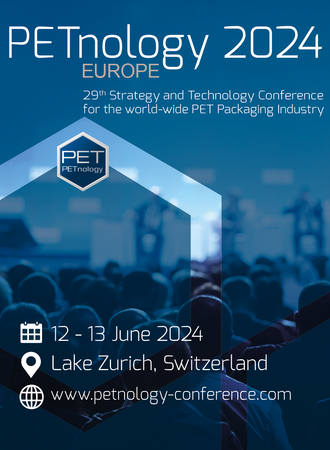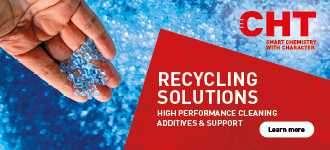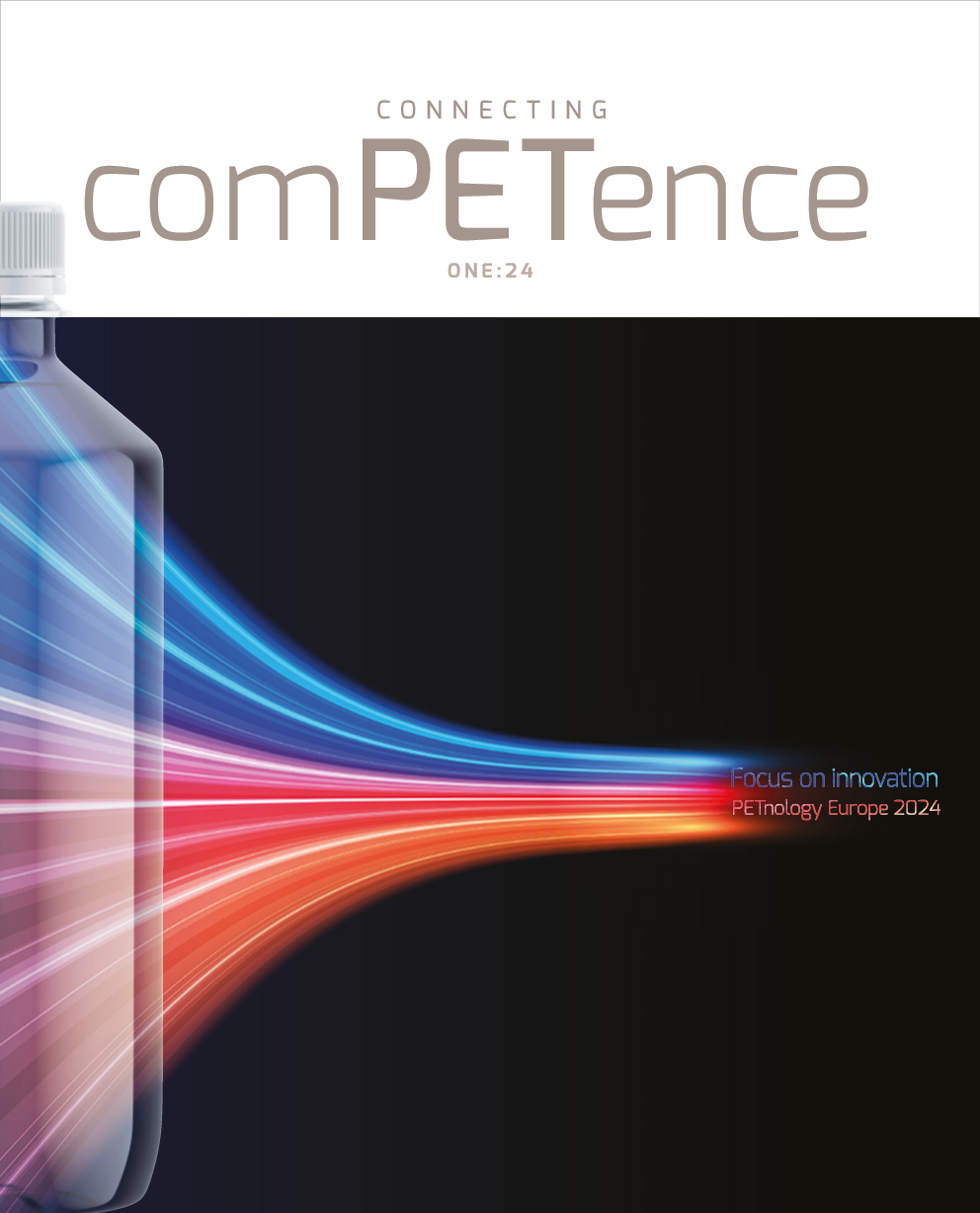LVF (Leeds Vacuum Formers) added BreakdownPET to its offering late last year, and already Podpak Ltd – a highly innovative, single-serve specialist from Bath – has made the switch to it.
Nigel Coates, managing director of LVF, said: “The demonisation of plastic packaging over the last few months has been extreme to say the very least, but like the vast majority in our industry, we’ve been striving towards delivering environmentally friendly solutions for many years.”
“We recycle close to 100 per cent of all waste we produce, and have done for as long as I remember; and prior to the introduction of Breakdown PET, we used rPET, which is fully recyclable and contains a minimum of 80 per cent post-consumer waste.”
The decision to investigate and then introduce an alternative to rPET grew from LVFs concerns about the amount of plastic products that still end up in landfill.
“rPET is fully recyclable,” continued Nigel, “but the problems with it, and other plastic waste, arise from a combination of a lack of recycling facilities; the huge difference in the financial benefits to waste management companies of recycling certain plastics over others; and the sheer amount of plastic waste that never makes it anywhere near a recycling bin, let alone a recycling facility.”
“BreakdownPET is the future of plastic packaging material. It biodegrades in landfill, and is currently undergoing tests that look certain to prove it is compostable in non-commercial facilities.”
Designed specifically for the thermoformed packaging industry, BreakdownPET has all of the properties of conventional rPET, but also provides an end-of-life solution for the billions of plastic containers that find their way to landfill sites every year rather than being recycled for re-use. It features organic additives that accelerate the biodegradation of treated plastics in microbe-rich environments, allowing it to biodegrade like organic matter. Breakdown PETproducts also have an unlimited shelf-life and are completely non-toxic.
Gemma Earl, Podpak’s commercial director, said: “We purchase bespoke, multi-cavity thermoformed trays from LVF. These were previously made using rPET and were fully recyclable. The problem though is that a significant percentage of plastic waste still ends up in landfill, so when Nigel and his team from LVF introduced BreakdownPET to us, we were eager to make the switch to a material that really can rectify a major environmental issue – even though it costs us a little more to buy in.”
Podpak was established by Nick and Gemma Earl in 2016 after they noticed many of the traditional packaging methods were not fit for the smaller recipe items included within the single serve meals that were growing in popularity. It has since extended the use of pods to include everything from samplers for exhibitions to single serve protein powders for gym chains.
The pods manufactured in BreakdownPET by LVF for Podpak are functional and easy to use, and Podpak’s patented filling system ensures accurately packed, small measurements at a competitive price. The pods themselves are hermetically sealed, helping the contents to stay fresh until they are needed, and are fully recyclable and now biodegradable.







